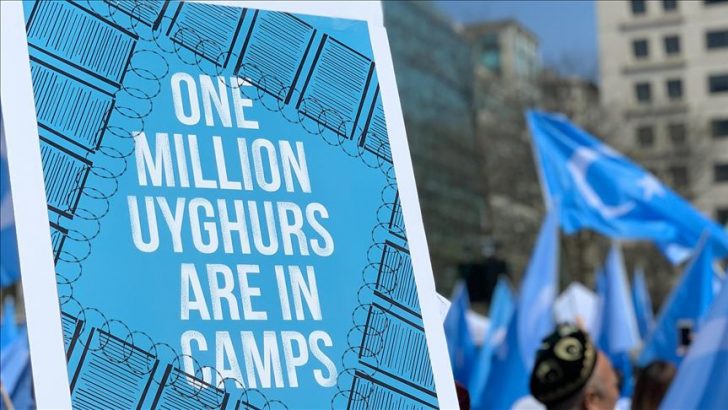Researchers at an Australian think tank have found that re-education camps for Muslims in China’s Xinjiang region have expanded in the past year, despite government claims that most detainees had been released.
The Australian Strategic Policy Institute said in a September 24 report that it had “identified and mapped more than 380 suspected detention facilities in the Xinjiang Uyghur Autonomous Region, highlighting ‘re-education’ camps, detention centres and prisons that have been newly built or expanded since 2017.
“The findings of this research contradict Chinese officials’ claims that all ‘trainees’ from so-called vocational training centres had ‘graduated’ by late 2019.
“Instead, available evidence suggests that many extrajudicial detainees in Xinjiang’s vast ‘re-education’ network are now being formally charged and locked up in higher security facilities, including newly built or expanded prisons, or sent to walled factory compounds for coerced labour assignments.”
Satellite imagery
The think tank presented satellite imagery evidence showing construction and expansion at 61 sites since July 2019; half of these, it said, are “higher security facilities, which may suggest a shift in usage from the lower-security, ‘re-education centres’ toward higher-security prison-style facilities”.
An estimated one million Uyghurs, members of a Muslim ethnoreligious group, have been detained in re-education camps in Xinjiang. Inside the camps they are reportedly subjected to forced labour, torture, and political indoctrination.
Outside the camps, Uyghurs are monitored by pervasive police forces and facial recognition technology.


 Photo: Anadolu Agency
Photo: Anadolu Agency 